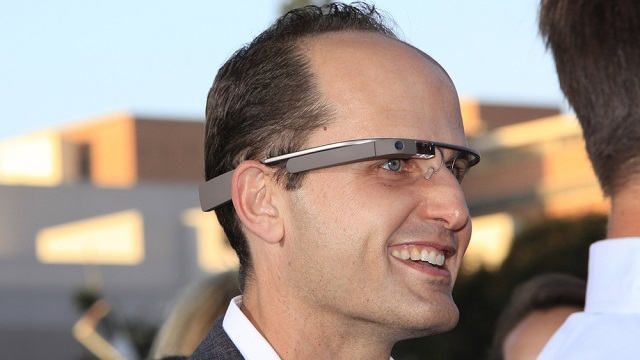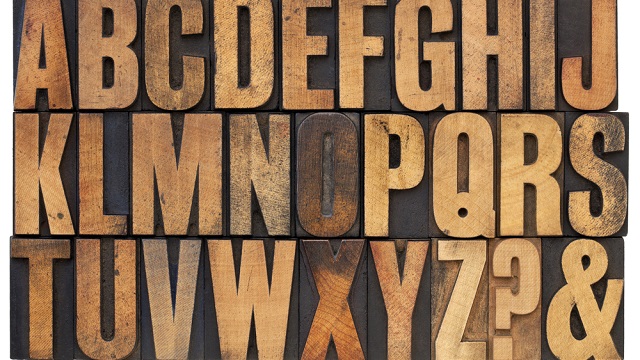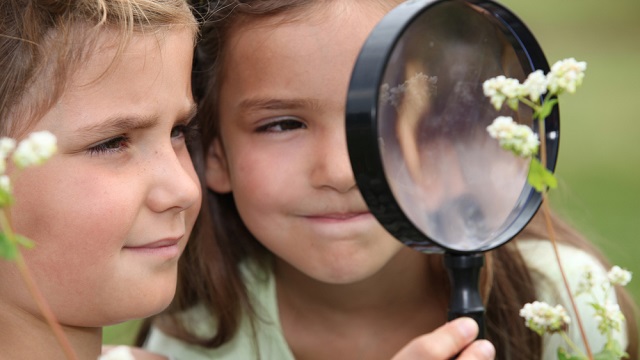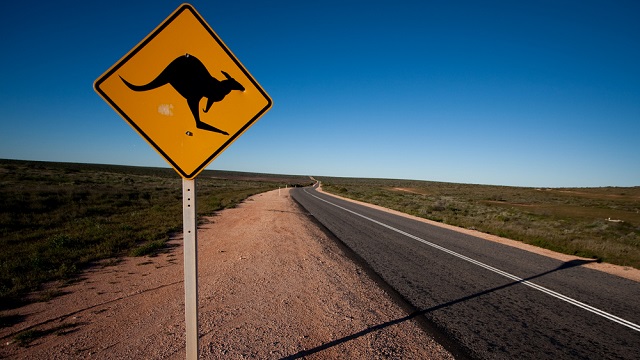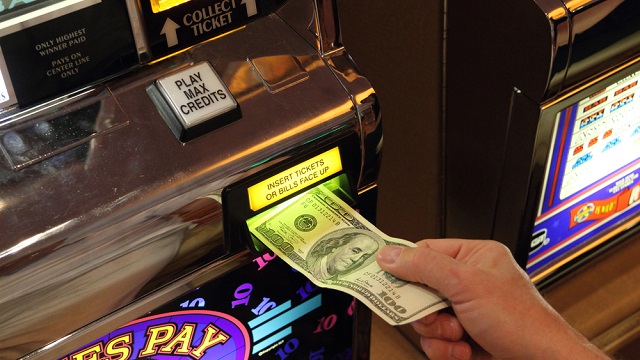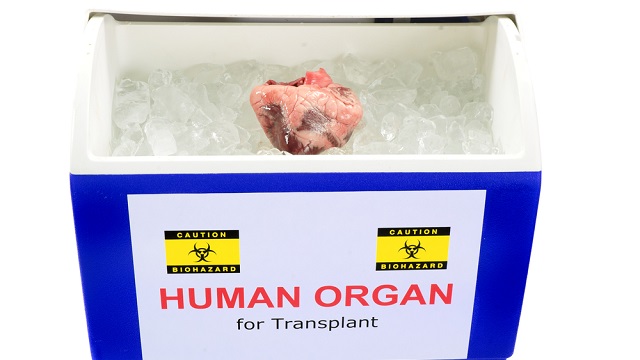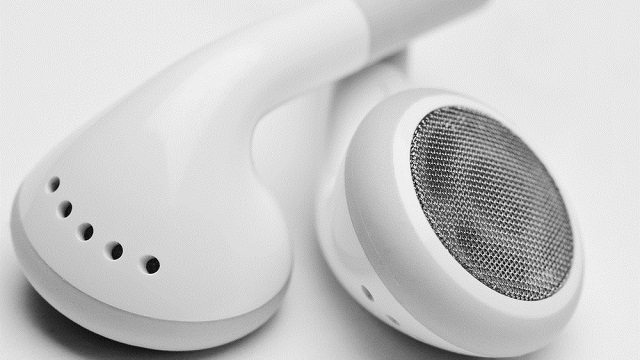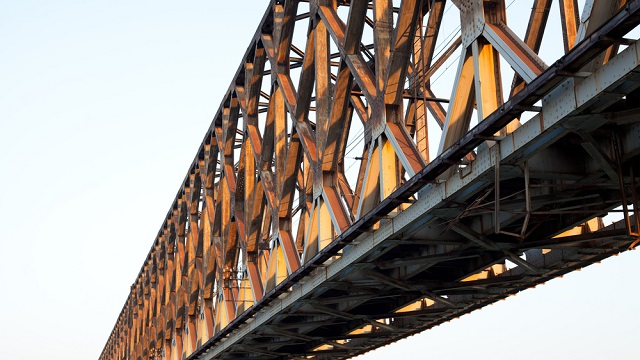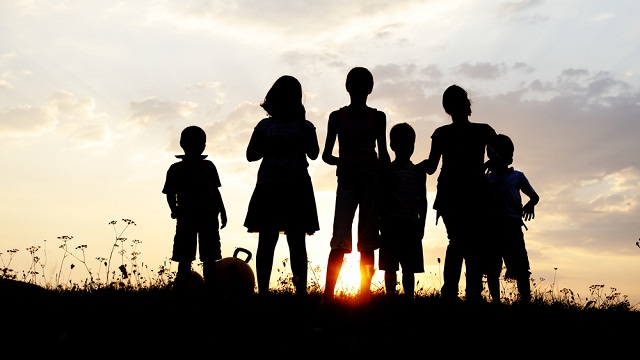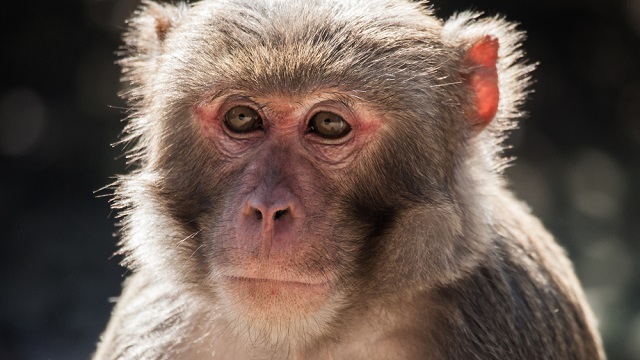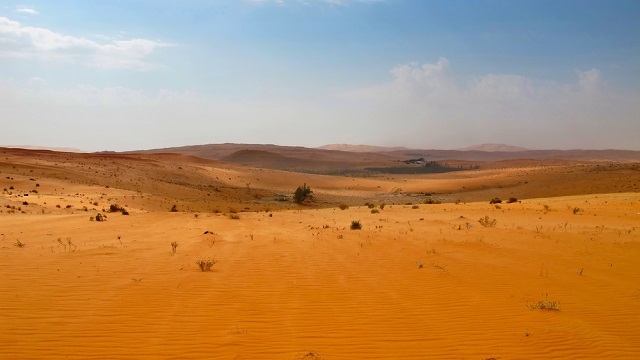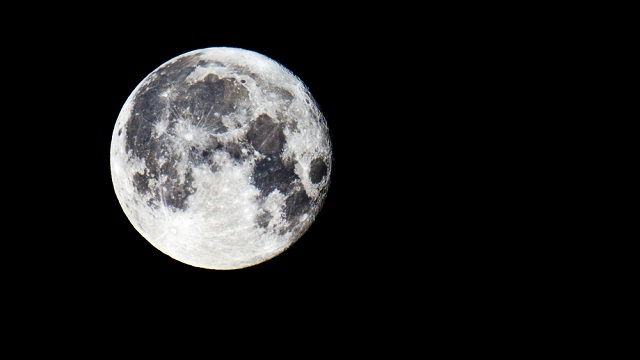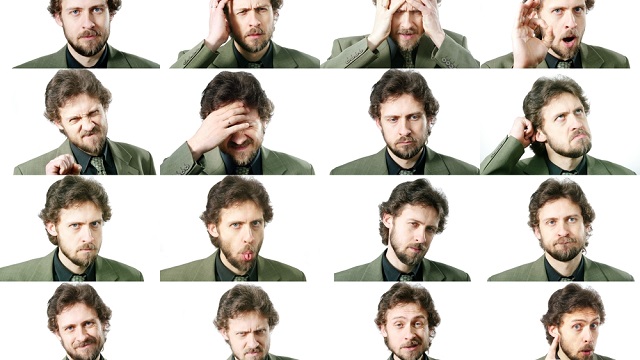Kecia Lynn
Kecia Lynn has worked as a technical writer, editor, software developer, arts administrator, summer camp director, and television host. A graduate of Case Western Reserve University and the Iowa Writers' Workshop, she is currently living in Iowa City and working on her first novel.
Researchers speculate that the forest, located just off the coast of Alabama, was buried under sediment for over 50,000 years before being revealed by Hurricane Katrina in 2005.
A new study of 20 health-related sites demonstrated that many contain tracking elements and/or leak search terms to third-party companies, providing data that “could [help] build up a very powerful document with all of your medical conditions.”
That’s the claim being made by documentary filmmaker Chris Barrett, who is responsible for what may be the first-ever arrest captured using the device.
An Australian restaurateur has proposed that the most commonly used word in the English language get a symbol of its very own, one that’s borrowed from the Serbian Cyrillic alphabet: Ћ.
The second annual Maker Camp, a free online program targeting kids and teens already bored with summer break, started Monday (July 8). Among other things, it promises to teach campers how to make 30 new things in six weeks.
Taking a clue from the mobile computing industry, major automakers are either designing or thinking about designing customized apps that a driver can download from their car’s monitor.
Debuting this week is Stella, the world’s first solar-powered car big enough to seat four people. It was created by a team of Dutch university students as their entry in the upcoming World Solar Challenge.
It probably won’t be as fun, but you may gamble less, say researchers at the University of Waterloo, who found that slot machines’ sound effects help trick players into thinking they’ve won even when they’ve lost.
On a street where men are known to harass and molest women, tables have been set up at which “Action Heroes” invite strangers to sit down and talk one-on-one.
This week the country’s assembly voted to institute an opt-out policy for people who don’t want their organs donated upon their death. The measure was passed in response to an acute organ shortage.
A recently-formed production company is the newest in a growing line of people and organizations that are creating stage works tailored for viewing on computers and smartphones.
Rich Lee took an online DIY tutorial into the realm of body modification…and not having to worry about losing headphones is just one of the reasons.
Using bone conduction technology, two firms have created a way to pitch ads to train travelers when they rest their heads against the window.
A recent demonstration of technology used to detect bridge stresses leads writer Stacey Higginbotham to speculate on what a connected infrastructure could mean for society.
First there was strongly-worded text, and then there were gruesome pictures. Now, Stirling University researchers have developed a cigarette pack that plays an audio clip when opened.
The Filip is an exceedingly smart smartwatch: It allows parents to monitor their kids using a smartphone app and send one-way text messages, and has an emergency button that, when pressed, broadcasts location information.
Next month, an international team of researchers will begin a five-year mission to find out more about these exploding stars and what they reveal about the age and growth of the universe.
Despite data indicating that rhesus macaques exhibit many of the same traits that caused the recent reconsideration of chimpanzee use in research, it’s unlikely that another scaling-back will take place any time soon.
The technology is there to capture huge amounts of energy, say industry experts, but there are some challenges to overcome, including the lack of water and the presence of dust.
At least that’s the claim being made by a new study: The likelihood of a red dwarf star housing a habitable super-Earth increases significantly when cloud behavior is considered.
The Pocket Spacecraft project aims to open lunar exploration to the public by offering thin-film, sensor-packed “scouts” for sale that will eventually travel to the moon and send back data to their owners.
Billed by some as “Facebook for cops,” BlueLine will allow officers to share and collaborate in a much more secure environment.
Interested people can now apply to take the Trekker — basically a “42-pound backpack” with 15 camera lenses attached — someplace Google hasn’t been yet.
A recent study showed how using the software to identify struggling students could help teachers stay attuned to their needs, whether they’re in the room with them or at a remote location many miles away.
In addition to making “offensive comments” illegal, a recently-approved electronic crimes bill outlaws stalking, identity theft and the distribution of child pornography, among other activities.
Forget about gift shop miniatures: A San Diego man is taking pictures of the world’s great sculptures and converting them into files that he is offering for free to anyone with a 3D printer.
A graduate student has designed a prototype that will capture and store an odor in a special trap, which would then be sent to a special developer lab to be made into customized vials of scent.
It’s a growing concern all over the industrialized world, but the country with the highest smartphone penetration rate has put a new education policy package in place.
More are beginning to speak up against the practice of recording live shows, saying it negatively impacts the performance on both ends.
Two scientists argue that if NASA could get over its fear of contaminating other planets with homegrown microbes, it could save a significant amount of money on its exploration missions.


